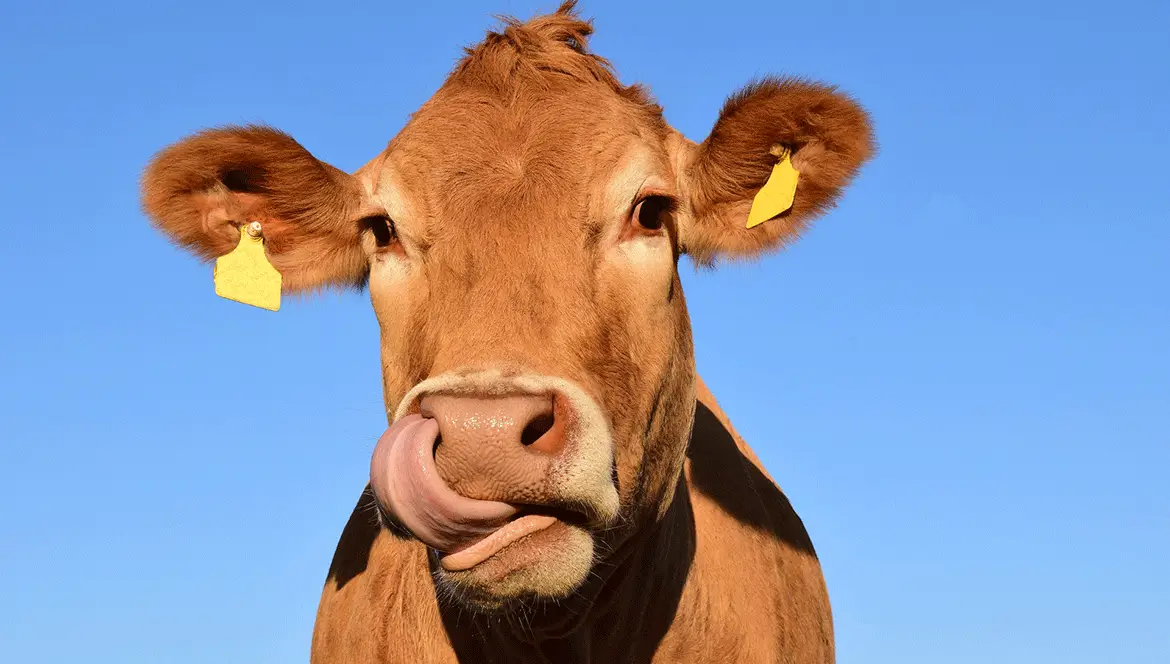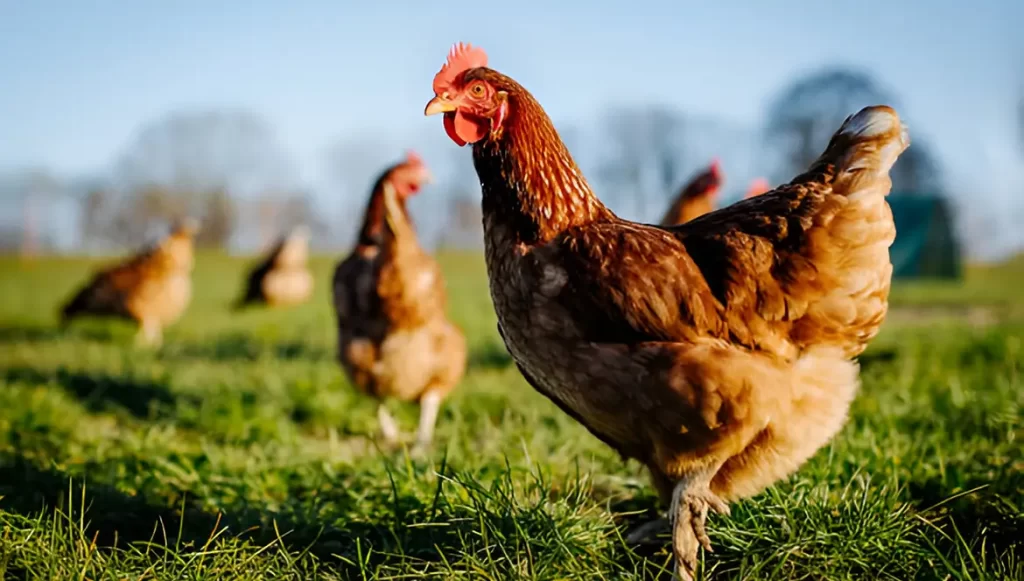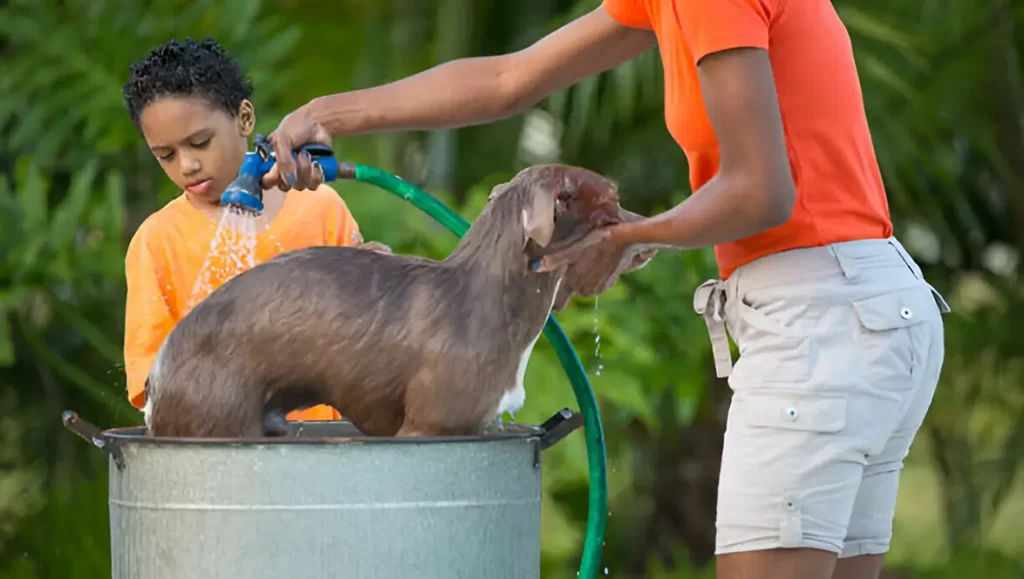Pets can experience discomfort, be it acute or chronic pain, some of these may be more obvious than others but knowing how to spot possible signs of pain can make the difference in getting them prompt medical attention.
As animals cannot tell you with words that they’re in pain animals express chronic pain only subtly, mainly through behavioural changes.
Principal Veterinarian and owner at Simply Vets and Pets Dr Anuska Viljoen says some animals may become very quiet and withdrawn, and moody or aggressive.
“Animals often don’t cry out or complain or show pain in the way that many people would notice, unless they are obviously limping or lashing out at you when you touch a sore area. Typically animals in pain may hunch their backs, stretch out their bodies more often, or curl up and not want to move or even just stop eating when in pain.
Other signs of pain might be excessively licking an area, groaning when lying down, or not wanting to be petted or groomed when they use to allow it. Some animals show a change in behaviour due to pain and may become very quiet and withdrawn, or touchy, moody or aggressive. Always check with a Veterinarian for pain in older animals that suddenly or even gradually don’t want to walk as far as they used to, don’t want to jump up into cars or on counters or the bed like they used to, or they just become couch potatoes,” she says. .
Dr Viljoen says a gentle massage can also do the trick, as it releases endorphins and oxytocin.
“Do not underestimate the power or gentle massage and touch. Your pet will derive so much comfort from keeping warm and being held close or being gently stroked. This releases endorphins and oxytocin which are the body’s own pain-relieving chemicals.
There are many formal methods of animal massage including Tellington-Touch (T-Touch), Tui Na, Body Stress Release for animals, and several physiotherapy-based massage methods. Do some of your own research and enjoy some quality time with your pet,” she says.
Pets owners are also advised to vaccinate their pets against preventable diseases such as rabies. Vaccines have proven to prevent death and disease in millions of animals.






